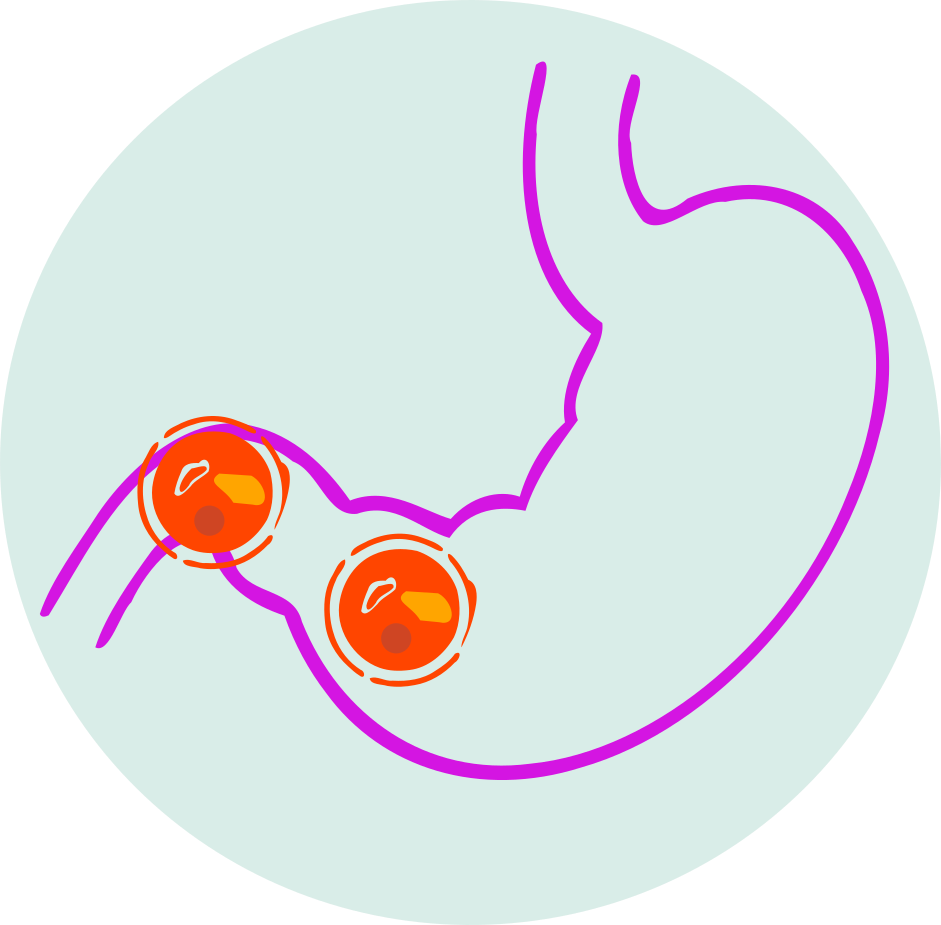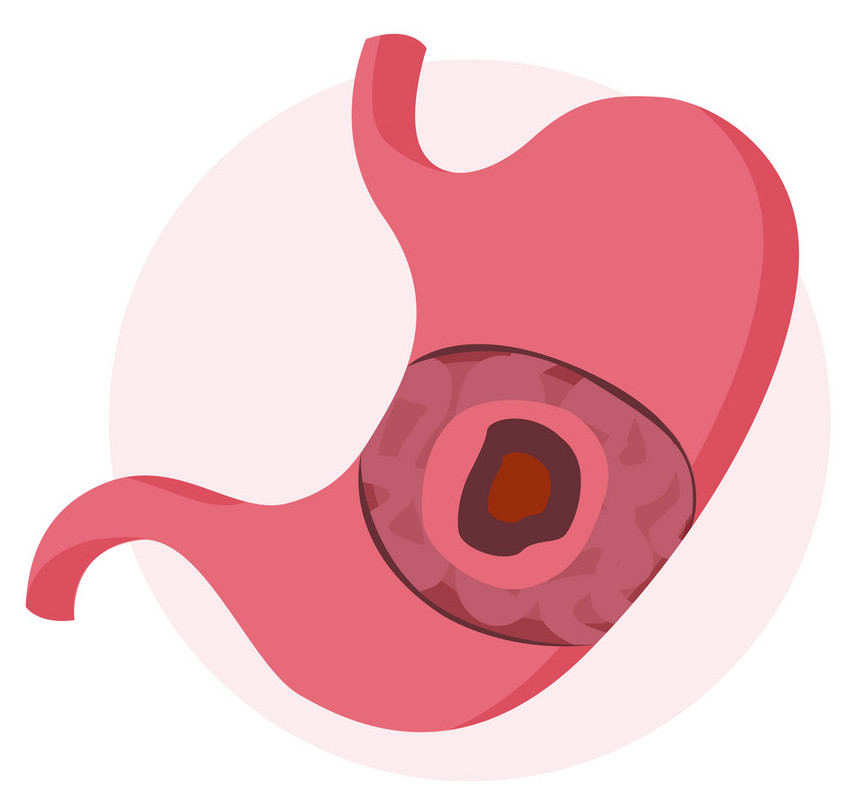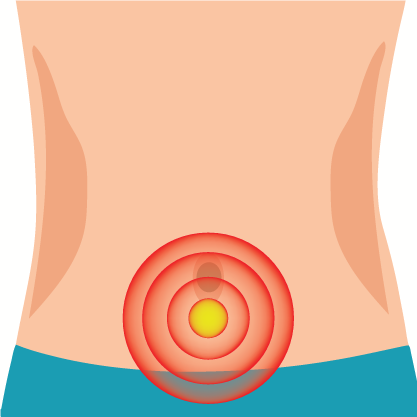| Name | Omeprazole Magnesium |
| Classes |
Antiulcerants |
| Diseases |
Omeprazole Magnesium
Omeprazole magnesium is a selective and irreversible proton pump inhibitor. It suppresses stomach acid secretion by specific inhibition of the H+/K+-ATPase system found at the secretory surface of gastric parietal cells.
Omeprazole magnesium is indicated for the following conditions-
- Duodenal Ulcer
- Gastric Ulcer (adults)
- Treatment of Gastroesophageal Reflux Disease (GERD) (adults and pediatric patients)
- Erosive Esophagitis
- Maintenance of Healing of Erosive Esophagitis (adults and pediatric patients)
- Pathological Hypersecretory Conditions (Zollinger-Ellison syndrome, multiple endocrine adenomas and systemic mastocytosis)
- Omeprazole magnesium is available as gastro-resistant tablets and delayed release powder for suspension.
- Treatment of duodenal ulcers: Omeprazole magnesium 20 mg once daily is the recommended dose for patients with an active duodenal ulcer. Healing takes two weeks for the majority of people. Healing normally happens during a second two-week therapy period for those individuals who are not entirely healed after the original course. Omeprazole magnesium 40 mg once daily is advised for people with a poorly responding duodenal ulcer, and healing usually takes four weeks.
- Prevention of relapse of duodenal ulcers: Omeprazole magnesium 20 mg once daily is suggested for the prevention of duodenal ulcer relapse in H. pylori negative patients or when H. pylori eradication is not possible. A daily dose of 10 mg may be sufficient for certain people. The dose can be increased to 40 mg if the therapy fails.
- Treatment of gastric ulcers: Omeprazole magnesium 20 milligrams once a day is the recommended dose. Healing takes four weeks for the majority of people. Healing normally occurs throughout a four-week therapy period for those individuals who are not entirely healed after the initial session. Omeprazole magnesium 40 mg once daily is advised for people with a poorly responding stomach ulcer, and healing usually takes eight weeks.
- Prevention of relapse of gastric ulcers: Omeprazole magnesium 20 mg once daily is suggested for the prevention of relapse in patients with a poorly responding stomach ulcer. The dose can be increased to Omeprazole magnesium 40 mg once daily if necessary.
- H. pylori eradication in peptic ulcer disease: For the eradication of H. pylori the selection of antibiotics should consider the individual patient's drug tolerance, and should be undertaken in accordance with national, regional and local resistance patterns and treatment guidelines.
- Omeprazole magnesium 20 mg + clarithromycin 500 mg + amoxicillin 1,000 mg, each twice daily for one week, or
- Omeprazole magnesium 20 mg + clarithromycin 250 mg (alternatively 500 mg) + metronidazole 400 mg (or 500 mg or tinidazole 500 mg), each twice daily for one week, or
- Omeprazole magnesium 40 mg once daily with amoxicillin 500 mg and metronidazole 400 mg (or 500 mg or tinidazole 500 mg), both three times a day for one week.
- In each regimen, if the patient is still H. pylori positive, therapy may be repeated.
- Treatment of symptomatic gastro-esophageal reflux disease: The recommended dose is Omeprazole magnesium 20 mg daily. Patients may respond adequately to 10 mg daily, and therefore individual dose adjustment should be considered. If symptom control has not been achieved after 4 weeks treatment with Omeprazole magnesium 20 mg daily, further investigation is recommended.
- Concomitant Gastric Malignancy: Symptomatic response to therapy with omeprazole magnesium does not preclude the presence of gastric malignancy.
- Atrophic gastritis has been noted occasionally in gastric corpus biopsies from patients treated long-term with omeprazole magnesium.
- Omeprazole magnesium therapy may be associated with an increased risk of Clostridium difficile associated diarrhea, especially in hospitalized patients. This diagnosis should be considered for diarrhea that does not improve.
- Omeprazole magnesium therapy may be associated with an increased risk for osteoporosis-related fractures of the hip, wrist, or spine. The risk of fracture was increased in patients who received high-dose, defined as multiple daily doses, and long-term PPI therapy (a year or longer).
- The metabolism of clopidogrel to its active metabolite can be impaired by use with concomitant medications, such as omeprazole magnesium, that interfere with CYP2C19 activity.
- Hypomagnesemia, symptomatic and asymptomatic, has been reported rarely in patients treated with PPIs for at least three months, in most cases after a year of therapy.
Contraindication
Omeprazole magnesium are contraindicated in patients with known hypersensitivity to substituted benzimidazoles or to any component of the formulation. Examples of benzimidazole include-
There is no known contraindications of Omeprazole magnesium in terms of food and drinks.
There is no known contraindications of Omeprazole magnesium in terms of health conditions.
 Bangla
Bangla English
English








